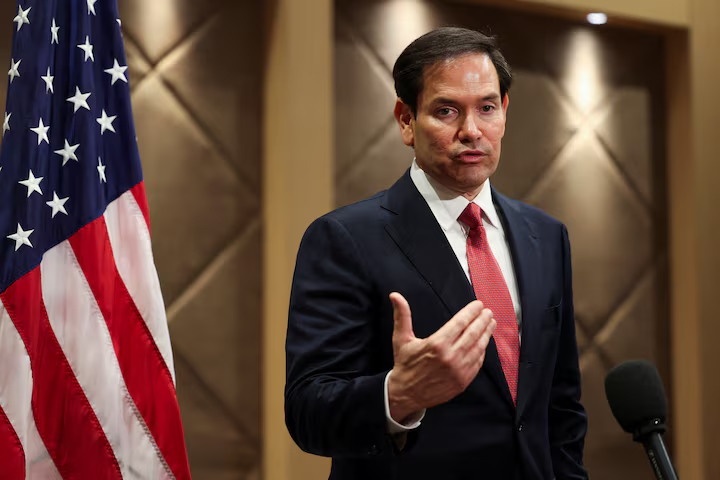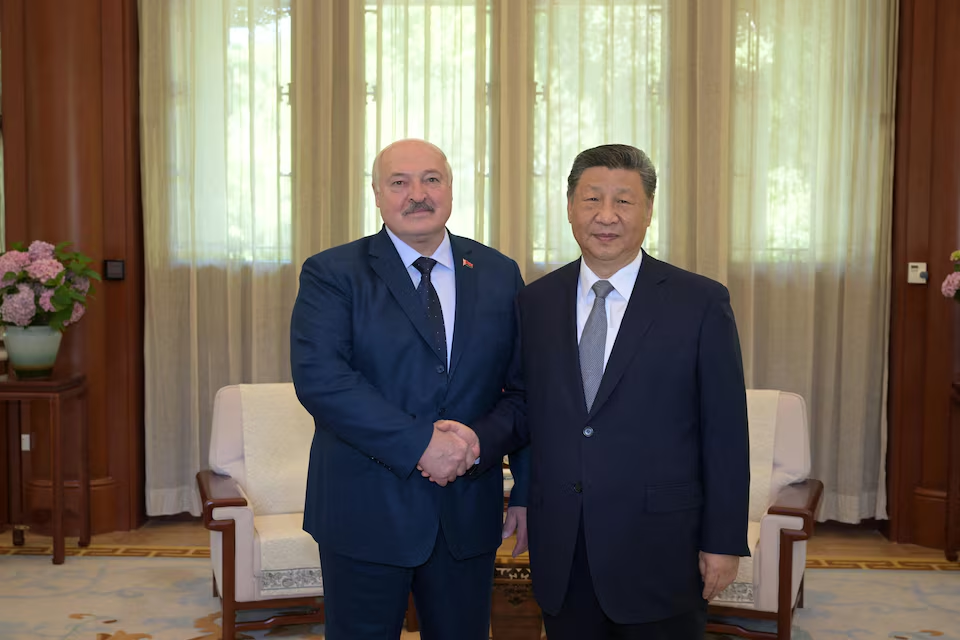U.S. Secretary of State Marco Rubio has urged a high-stakes summit between President Donald Trump and Russian President Vladimir Putin to resolve the ongoing stalemate in Russia-Ukraine peace negotiations. Speaking in Antalya, Turkey, on May 15, 2025, Rubio stated that the current round of talks in Istanbul is facing a “logjam” that only a direct leader-to-leader dialogue can break.
The call for a Trump-Putin meeting comes amid faltering peace efforts between Russia and Ukraine. Although Russia had initially proposed the Istanbul talks, President Putin declined to attend. Instead, he sent a delegation led by presidential adviser Vladimir Medinsky. Ukrainian President Volodymyr Zelenskiy questioned the effectiveness of these talks without Putin’s presence, arguing that real decisions cannot be made without the involvement of top Russian leadership.
Rubio reinforced that sentiment, expressing skepticism over any substantial progress emerging from the current diplomatic setting. “We’re seeing a diplomatic impasse,” he said. “Only a direct conversation between Presidents Trump and Putin can deliver the kind of political breakthrough necessary to end this war.”
While President Trump is reportedly open to such a meeting, the timing remains uncertain. Rubio noted that Trump is currently on a diplomatic tour in the Middle East and will consider the summit’s scheduling upon completing that trip. According to the Secretary of State, the United States remains committed to brokering peace but believes that a high-level engagement is now essential.
The Kremlin confirmed that Putin currently has no plans to travel to Istanbul for the negotiations. Kremlin spokesperson Dmitry Peskov said that Russia’s level of participation will depend on how the talks develop. He added that it is premature to discuss whether Putin would attend if Trump does.
The lack of top-level leadership at the Istanbul talks has led to waning expectations among observers and diplomats. The negotiations had been viewed as a potential turning point in the two-year-long conflict that has devastated parts of Ukraine and resulted in tens of thousands of casualties. However, with the absence of key decision-makers, the chances for a decisive breakthrough remain slim.
The human cost of the war continues to mount. At Mechnykov Hospital in Dnipro, Ukraine, wounded soldiers and civilians are still being brought in almost daily. Hospital director Serhii Ryzhenko described the unrelenting pressure on medical staff and expressed his deep hope for an end to the conflict. “We are doing everything we can to save lives, but what we really need is peace,” Ryzhenko said.
Despite international efforts to push forward negotiations, the situation remains stalled. European leaders have urged both sides to engage more constructively, and Turkey has reiterated its offer to host further talks, but progress remains elusive.
Rubio emphasized that the United States would continue to support Ukraine and maintain sanctions on Russia, but he stressed that ultimately, only a serious commitment from both Trump and Putin can break the deadlock. “We’re at a point where lower-level diplomacy isn’t enough. It’s time for the top decision-makers to sit across from each other and find a way forward,” he said.
With the peace process at a critical juncture, pressure is mounting for a diplomatic breakthrough. Whether a Trump-Putin summit will materialize in the coming weeks remains uncertain, but Rubio’s comments have added new urgency to the prospect of direct talks between the two global leaders.
As the war drags on and the humanitarian crisis worsens, hopes for a negotiated end now hinge on whether Washington and Moscow can move beyond symbolic gestures and engage in substantive, face-to-face diplomacy. The world watches closely, knowing that the future of Ukraine—and broader European stability—may well depend on it.
Source; Reuters



